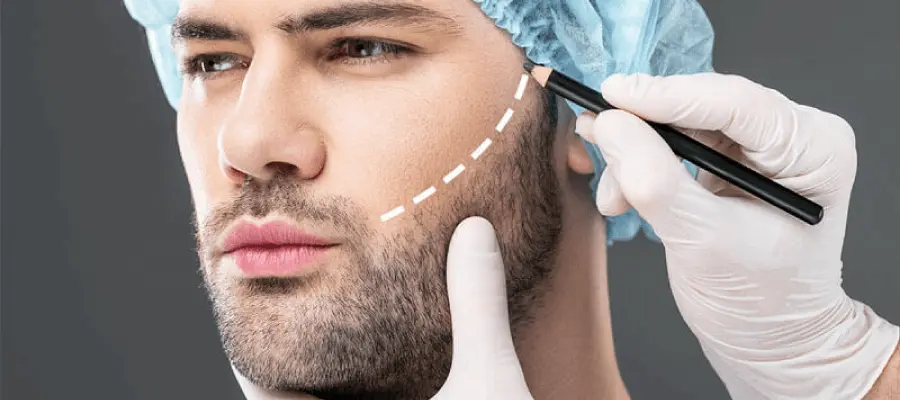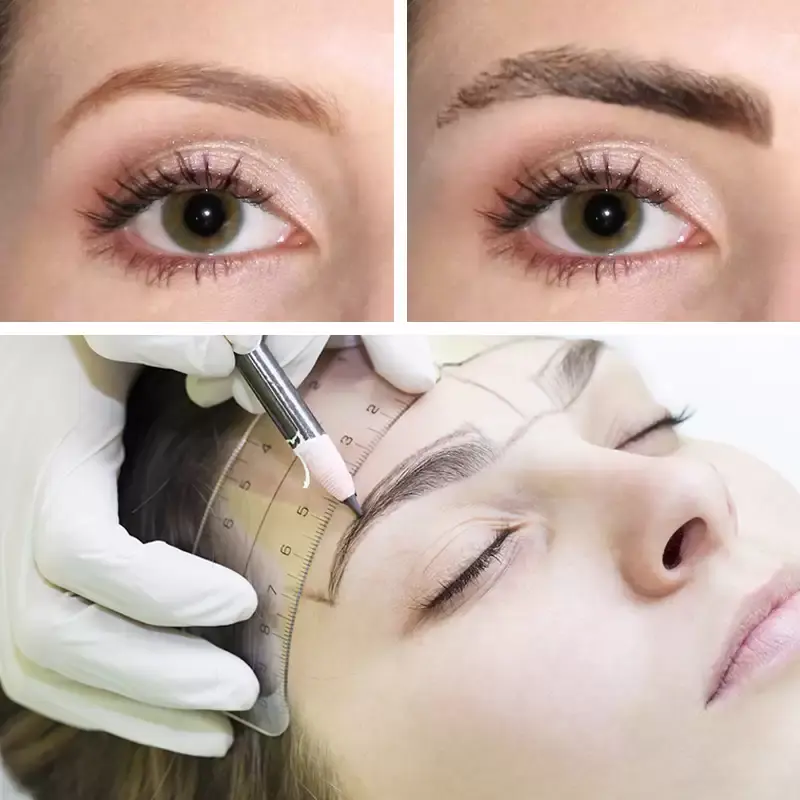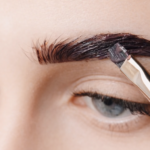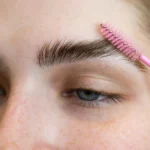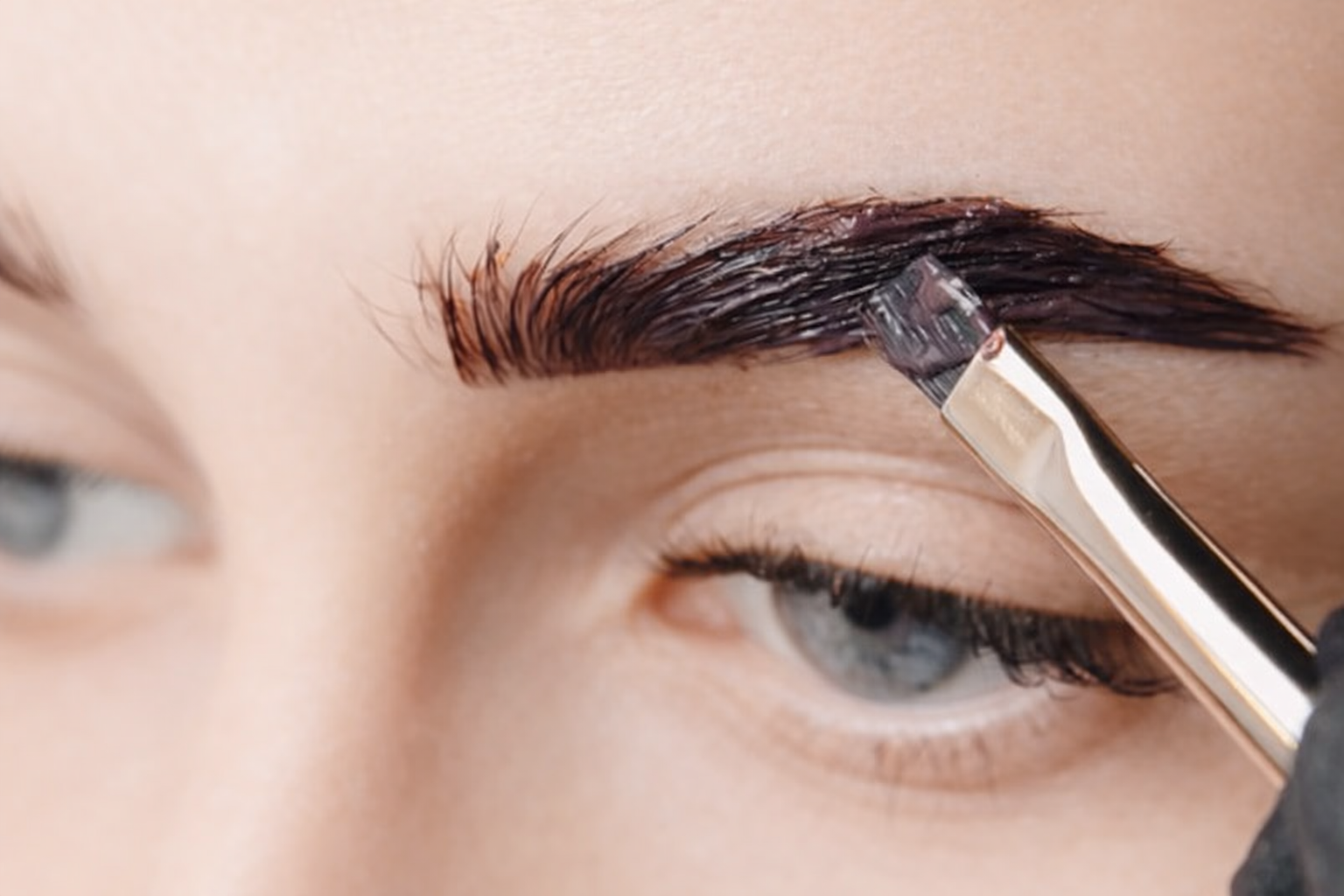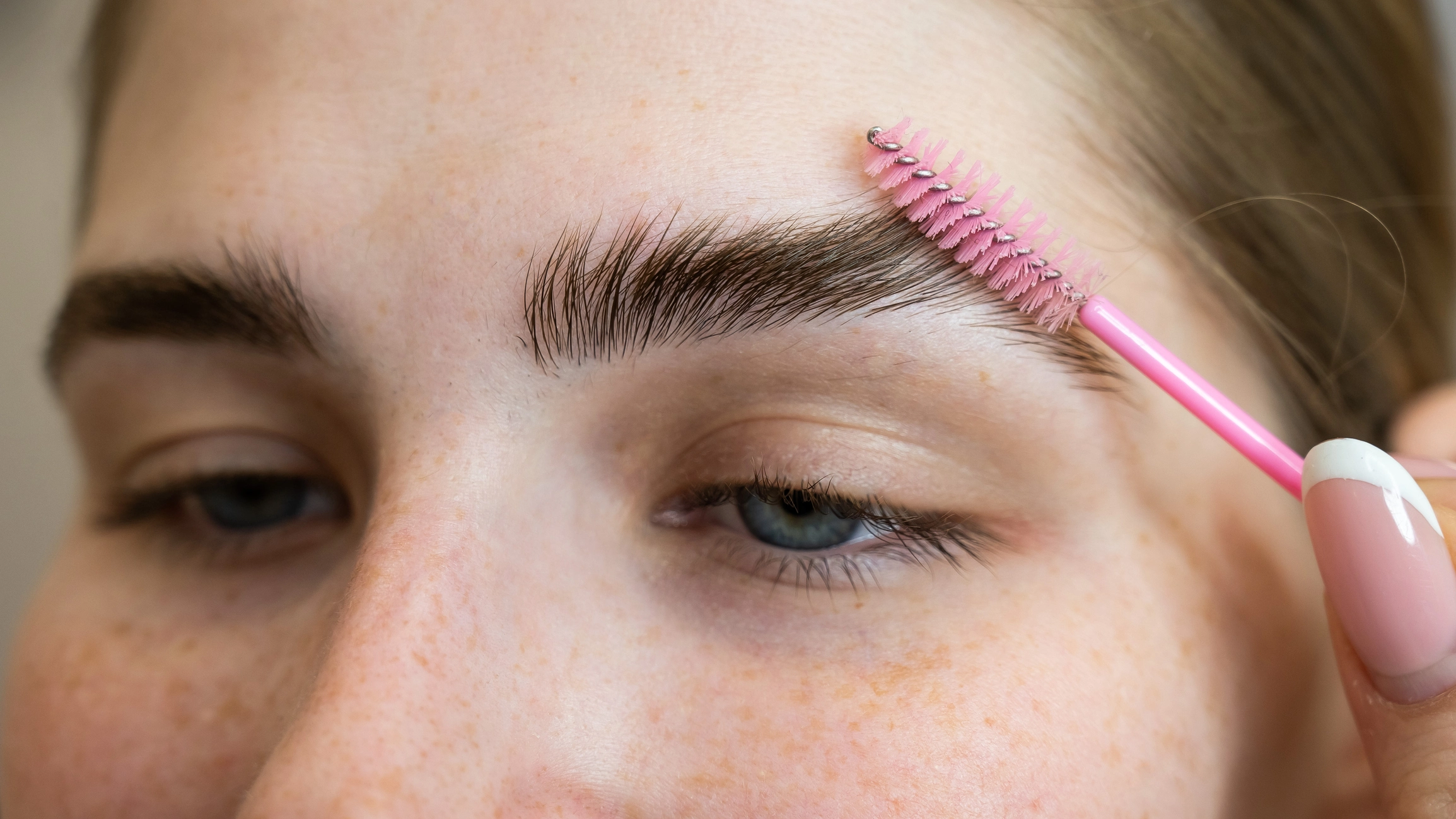Table of Contents
ToggleFacial scars can make it challenging to grow a full, even beard. Scarred areas often lack hair follicles, preventing natural regrowth, whether caused by injury, acne, surgery, or previous hair transplant procedures. Fortunately, hair transplant surgery offers a solution for restoring hair growth in these areas.
At Kopelman Hair, Dr. Kopelman specializes in advanced beard transplant techniques that help patients achieve natural-looking results, even on scar tissue transplants. With decades of expertise in follicular unit extraction (FUE) and follicular unit transplantation (FUT), he provides personalized treatments that restore facial hair in previously hair-loss-affected regions.
Learn more about getting a beard transplant in New York City and how our team ensures the best results for every patient.
Do Beard Transplants Leave Scars?
Does a Beard Transplant Leave a Permanent Scar?
A hair transplant involves extracting hair grafts from a donor area (typically the back of the scalp) and implanting them into recipient areas like the beard. While the process is highly effective, patients often ask: “Does a beard transplant leave scars?”
The answer depends on the technique used. With FUE method, the scarring is minimal—tiny, dot-like marks that fade over time. In contrast, FUT (follicular unit transplantation) leaves a linear scar at the donor site, which may be visible if the hair is cut too short. However, these scars are not typically noticeable once healed.
FUE Beard Transplant Scars – What to Expect
Patients choosing FUE and FUT will notice different scarring patterns. FUE beard transplant scars appear as microscopic dots, while FUT creates a single linear scar. The FUE method is preferred for beard transplants due to its less invasive nature and faster healing process.
Can Hair Transplant Scars Go Away?
While no hair transplant procedure is completely scar-free, proper aftercare helps reduce visibility. Over time, hair growth around the transplant area helps cover hair transplant scars, making them virtually undetectable.
Beard Transplant Over Scar – How It Works
Challenges of Transplanting Hair on Scar Tissue
Scar tissue differs from normal skin due to reduced blood flow and lower elasticity. Because of this, hair transplants on scar tissue can be slightly more challenging than transplants on healthy skin. However, with the right techniques, successful results are possible.
Scar Removal & Repair After a Beard Transplant
For patients with visible scars after a beard transplant, treatments like micro pigmentation or laser resurfacing can help reduce their appearance. Adding additional hair grafts can also improve the concealment of hair transplant scars.
Can You Fix a Hair Transplant Scar?
Yes. Beard hair transplant scars can often be corrected with additional hair grafts. A skilled surgeon like Dr. Kopelman can strategically implant new hairs into scarred areas, making them blend naturally with surrounding facial hair.
Do Beard Transplants Look Natural?
Beard transplants have gained popularity among celebrities looking for a fuller beard. A prime example is the speculation around Eminem’s beard transplant. His transformation showcases how modern hair restoration techniques can create natural-looking results.
What to Expect from Beard Transplant Results
A well-performed hair transplant on scar tissue should produce natural-looking results. Hairs are placed at the correct angle, density, and direction, ensuring they blend seamlessly.
Seeing real patient results is the best way to understand what’s possible with a beard transplant. Browse our beard transplant before and after gallery to see how well the procedure works for different cases, including transplants over scars.
Factors That Influence a Natural Beard Transplant
- Surgeon Skill: Proper angling and placement of hair grafts are key.
- Hair Type & Texture: The donor area should match the existing beard hair as closely as possible.
- Healing Process: Following post-procedure guidelines enhances final results.
Risks and Limitations of Beard Transplants
What Are the Disadvantages of Beard Transplants?
- Healing Process Takes Time: Patients must wait several months for results.
- Not Every Scar Can Be Treated: Some scarred areas may not support new growth.
- Multiple Sessions May Be Needed: Larger areas may require additional treatments.
Does Beard Transplant Leave Scars on the Face?
Most patients experience minimal scarring with the FUE method, but proper aftercare is important to ensure optimal healing. Explore this in-depth guide on beard transplant side effects and how to minimize them.
Beard Transplant Scar Treatment & Healing
How to Heal a Beard Transplant Scar Faster
To speed up the healing process, patients should:
- Keep the Transplant Area Clean: Prevent infections that could worsen scarring.
- Follow Post-Procedure Instructions: Avoid touching or scratching the area.
- Use Gentle Moisturizers: Hydration promotes better scar healing.
Beard Transplant Aftercare Timeline
- Week 1: Mild swelling and redness. Avoid direct sun exposure.
- Week 2-4: Initial shedding phase begins (normal process).
- Month 3-6: New hair growth becomes visible.
- Month 9-12: Full results are seen.
Can I Shave After a Beard Transplant?
Yes, but not immediately. Patients should wait at least 3-4 weeks before shaving to allow the transplant area to heal properly.
Do Beard Transplants Last Forever?
How Long Do Beard Transplants Last?
Once fully healed, a beard transplant is permanent. The transplanted hairs will grow naturally for life, just like regular facial hair.
How to Maintain Beard Transplant Results
- Use Gentle Grooming Techniques to prevent irritation.
- Follow a Healthy Diet to support hair growth.
- Avoid Harsh Chemicals that may weaken the transplanted hairs.
Scientific Evidence & Case Studies on Hair Transplants Over Scars
Medical Studies on Hair Growth in Scar Tissue
Clinical studies show that FUE method transplants have high success rates in scarred areas. The key factor is ensuring proper blood flow to support new hair growth.
Real Patient Success Stories
Many patients have successfully restored their beards after hair transplant surgery. Even those with severe facial scarring have seen dramatic improvements with proper technique and care.
Choosing the Right Clinic for a Beard Transplant on Scars
Cost is an important factor when considering a beard transplant. Pricing varies based on factors like clinic expertise, procedure type, and the size of the transplant area. Learn more about beard transplant costs in NYC and what to expect when budgeting for the procedure.
Why Experience Matters for Hair Transplants on Scars
Transplanting hair on scar tissue requires advanced skills. Working with an expert like Dr. Kopelman ensures:
- Minimized scarring with precise FUE techniques.
- Natural-looking results that blend seamlessly.
- Higher success rates with proper placement and care.
Key Factors to Consider When Selecting a Surgeon
- Experience with Scar Transplants → Specialized skill set is needed.
- Proven Before & After Results → Check patient case studies.
- Advanced Techniques Used → FUE is preferred for minimal scarring.
Final Thoughts
A beard transplant on a scar can effectively restore hair growth in previously scarred areas. With the FUE method, results look natural and permanent. Choosing a skilled surgeon like Dr. Kopelman ensures the best possible outcome, whether addressing beard transplant scars or improving hair transplant scars from previous procedures.
If you’re considering a facial hair transplant scar repair, explore our expert services for a beard transplant in NYC and discover how we help patients achieve the best possible outcomes.”


